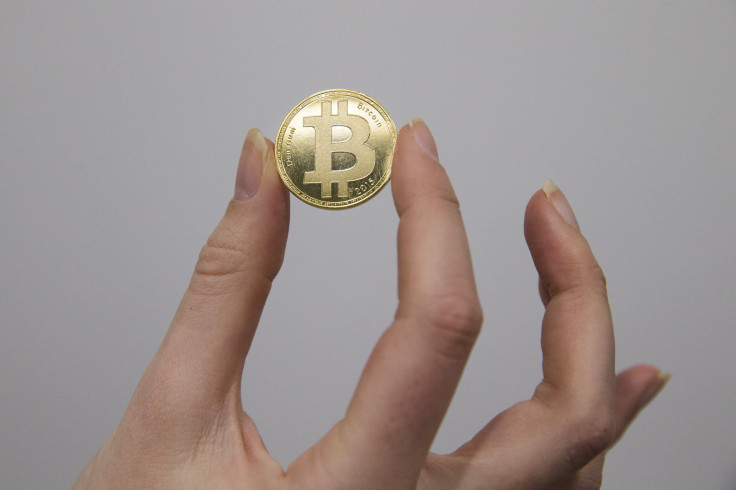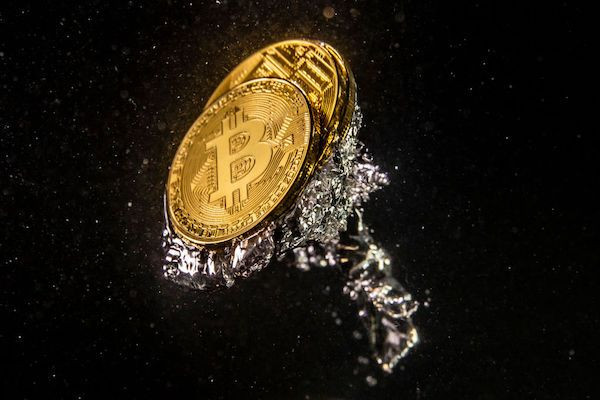Bitcoin Hits Major Milestone: Marks $1 Billion In Cumulative Transaction Fees

In its almost 11 years of existence, the Bitcoin network has amassed $1 billion in cumulative transaction fees.
That's not a lot for something that's touted as "a new form of money" when juxtaposed with the transactional fees earned by payment processing companies, that 1 billion is relatively scanty. Still, that's a milestone for the first cryptocurrency.
Do note that the conversion to the total amount of 204,808.3479 in BTC transaction fees given to miners would be much higher when each Bitcoin is converted to its current price of $9,138 -- almost $2 billion. Combined with block rewards, the total miner revenue, aka "thermocap," is nearing $15 billion, according to CoinMetric.
Miner Revenue
There are two ways that miners get compensated: transaction fees and block subsidies.
Block subsidies are designed to decrease by half over time (every four years) or sometimes referred to as halving, and it's the original reward for miners in adding blocks to the blockchain.
Fees, on the other hand, are added as premium for users to get their transactions processed ahead of others since the processing time is notoriously slow. Fees are also considered as a replacement once the Bitcoin subsidies further diminish.
Securing the network
These monetary incentives are all in place to compensate miners for keeping the Bitcoin network intact. With more Bitcoin miners, the competition to add new blocks is much more intense and prevents a scenario where a single individual has a monopoly over transactions.
"In aggregate, the transaction fees plus the block subsidy provide for the probabilistic transaction finality of the bitcoin system," said Pierre Rochard, founder of consultancy startup Bitcoin Advisory.
"The greater this finality is, the less time transactors have to wait before having confidence that the transaction will not be censored or double-spent."
What if everyone pays high fees?
However, the transaction fees are not seen as all too positive for Bitcoin.
Maureen O'Hara, the Robert W. Purcell Professor of Finance and professor of economics in the Samuel Curtis Johnson Graduate School of Management said of the transaction fees, "If everyone is standing up, you're not seeing any better than you were when you were sitting down."
"And if everybody's paying a transaction fee now, then you may end up in the same situation that you were in before – the fees got high and you have to wait anyway."

© Copyright IBTimes 2024. All rights reserved.



















